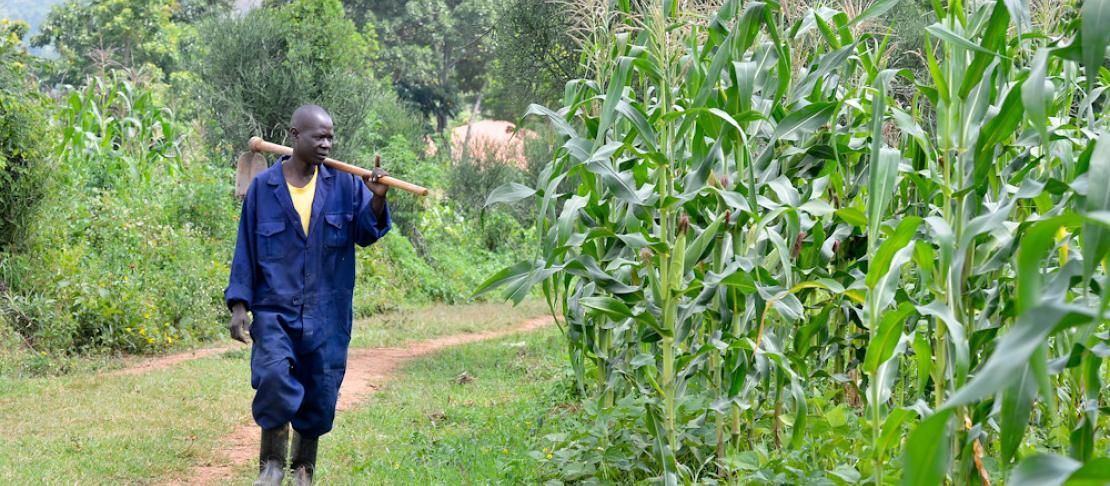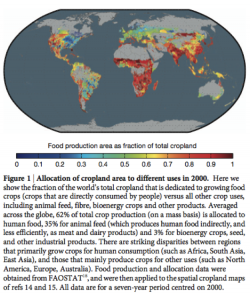Honest development: Linking global food security and sustainable development

by Jeff Haskins
Benjamin Franklin, the American statesman, scientist, and political theorist, once said that agriculture was the only honest way for nations to acquire wealth “wherein Man receives a real Increase of the Seed thrown into the Ground, in a kind of continual Miracle.”
Today, agriculture is the world’s biggest industry. The farms and pastures that provide the food essential for sustaining the burgeoning human population covers a large portion of the Earth’s surface area (not including parts covered by oceans, deserts and ice). Advancements in plant science and agronomy over the last few decades have led to tremendous increases in farm yields that have helped to lift millions out of poverty.
Yet despite these gains, more people go to bed hungry today than ever before in the history of the world. Moreover, the burden of current food production practices on the earth’s system in terms of GHG emissions, water, land and other natural resource uses is eroding our ability to feed the future, according to leading scientists presenting at the Forum.

During a panel discussion on food security at the Rio Science Forum, several experts highlighted the need to increase uptake of sustainable agriculture practices that increase farm output while reducing the impact of the global food production system on the environment and the vital natural resources that are fuel of agriculture.
“Agriculture is an engine of growth, but it needs fuel,” said Tim Benton of the University of Leeds and UK Global Food Security (GFDS) programme. “For agricultural productivity to grow and be sustained, production methods cannot continue to use resources and erode natural capital at the current rate. We need to align environmental and production camps.”
The scientific community has come together in a remarkable way since the first Earth Summit 20 years ago in Rio. The focus on issues related to planetary boundaries is extremely important,” noted co-chair Thomas Rosswall, Professor em., and Chair of the CGIAR Research Program on Climate Change, Agriculture and Food Security (CCAFS).
“We are dealing with very complex issues that will not be solved over the next week in Rio. We need to continue to strengthen our collaboration with various stakeholders, to engage much more strongly with the private sector and all partners interested in ensuring food security for the global population.”
“Without support for agriculture we can not have hope for the world,” he added.
Written by Jeff Haskins, Burness Communications.